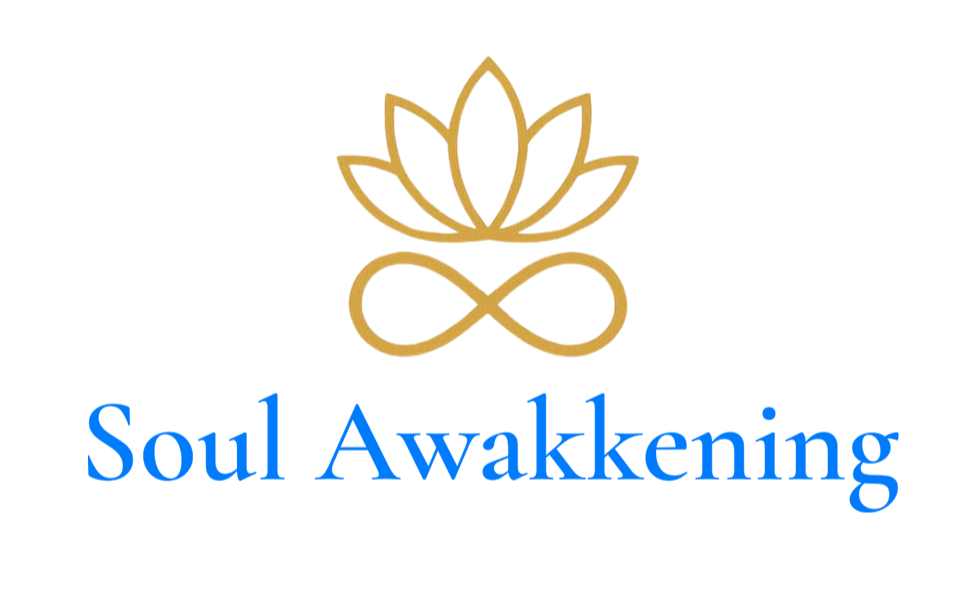Transform Your Well-Being with Reiki Healing
- Monnalisa Royy
- Aug 9, 2025
- 3 min read
Reiki therapy is a holistic healing practice that has gained popularity worldwide for its gentle yet powerful approach to improving well-being. Rooted in ancient Japanese traditions, Reiki involves channeling energy through the hands to promote physical, emotional, and spiritual healing. This therapy is accessible to many and offers a natural way to restore balance and harmony in life.
Understanding Reiki Therapy Advantages
Reiki therapy advantages extend beyond simple relaxation. It works by activating the body's natural healing processes, helping to reduce stress, alleviate pain, and enhance overall vitality. Many people report feeling a deep sense of peace and rejuvenation after a session.
Some key advantages include:
Stress Reduction: Reiki calms the nervous system, lowering cortisol levels and promoting relaxation.
Pain Relief: It can ease chronic pain conditions such as arthritis, migraines, and muscle tension.
Emotional Balance: Reiki helps release emotional blockages, reducing anxiety and depression symptoms.
Improved Sleep: Many recipients experience better sleep quality and reduced insomnia.
Enhanced Immune Function: By balancing energy, Reiki supports the immune system to function optimally.
These benefits make Reiki a valuable complementary therapy for anyone seeking to improve their health naturally.

How Reiki Works to Improve Your Health
Reiki is based on the concept of life force energy flowing through the body. When this energy is low or blocked, it can lead to illness or emotional distress. A Reiki practitioner uses their hands to channel energy into the recipient, clearing blockages and restoring flow.
During a session, the recipient typically lies down fully clothed while the practitioner places their hands lightly on or just above specific body areas. The experience is often described as deeply relaxing, with sensations of warmth or tingling.
The process supports the body's self-healing mechanisms by:
Balancing Energy Centers: Reiki targets chakras or energy centers to harmonize bodily functions.
Promoting Detoxification: Energy flow encourages the release of toxins and negative emotions.
Stimulating Cellular Repair: Enhanced energy flow can accelerate tissue repair and regeneration.
Supporting Mental Clarity: Reiki helps clear mental fog and enhances focus.
For those new to Reiki, it is recommended to try multiple sessions to experience cumulative effects. Many practitioners also teach self-Reiki techniques for ongoing self-care.

What are the disadvantages of Reiki?
While Reiki offers many benefits, it is important to consider some potential disadvantages:
Lack of Scientific Evidence: Although many users report positive outcomes, Reiki lacks extensive clinical trials to fully validate its effectiveness.
Not a Substitute for Medical Treatment: Reiki should complement, not replace, conventional medical care, especially for serious conditions.
Variable Practitioner Skill: The quality of Reiki sessions can vary depending on the practitioner’s experience and training.
Cost and Accessibility: Regular sessions may be costly or unavailable in some areas.
Placebo Effect: Some benefits may be attributed to placebo, which does not diminish the experience but is important to acknowledge.
Understanding these limitations helps set realistic expectations and encourages integrating Reiki with other health strategies.
Practical Tips to Maximize Reiki Healing Benefits
To get the most out of Reiki therapy, consider these actionable recommendations:
Choose a Certified Practitioner: Verify credentials and experience to ensure quality care.
Communicate Your Needs: Share your health concerns and goals before the session.
Create a Relaxing Environment: Wear comfortable clothing and find a quiet space.
Stay Hydrated: Drink water before and after sessions to aid detoxification.
Practice Self-Reiki: Learn simple hand positions to maintain energy balance between sessions.
Combine with Other Therapies: Use Reiki alongside meditation, yoga, or counseling for holistic wellness.
By following these steps, you can enhance the effectiveness of Reiki and support your overall healing journey.

For more detailed information on the reiki healing benefits and services, visiting a trusted Reiki center can provide personalized guidance and support.
Embracing Reiki as Part of Your Wellness Routine
Incorporating Reiki into your wellness routine can transform your approach to health. It encourages mindfulness, self-awareness, and a deeper connection to your body’s needs. Whether you seek relief from physical pain, emotional stress, or simply want to enhance your vitality, Reiki offers a gentle path to healing.
Regular sessions can help maintain energy balance, improve resilience, and foster a positive outlook on life. Many people find that Reiki not only heals but also inspires personal growth and spiritual awakening.
Explore Reiki therapy advantages today and take a step toward a healthier, more balanced you.




Comments